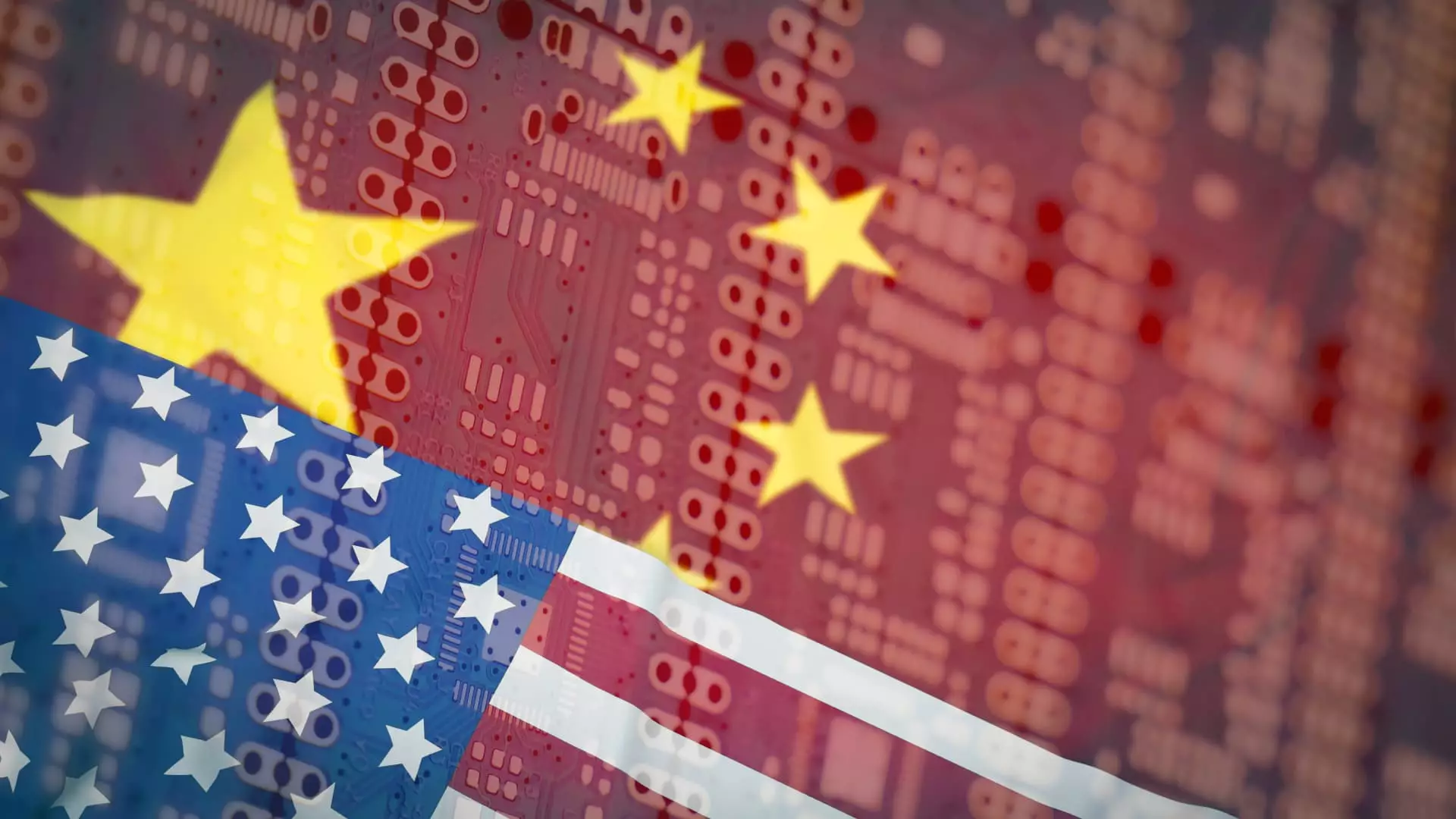In recent years, the race for advancements in artificial intelligence (AI) has intensified, particularly among global tech giants. While the spotlight has predominantly shone on American firms such as OpenAI, Google, and Meta, a parallel narrative unfolds across the Pacific. Chinese technology behemoths like Alibaba, Tencent, and Baidu have made significant strides in developing their own generative AI models. This dynamic shift not only symbolizes China’s ambition to position itself as a leader in AI but also accentuates the growing competition between the U.S. and China in the tech sector.
Understanding Generative AI
Generative AI encompasses a variety of applications capable of creating text, audio, and visual content based on user input. Take, for instance, OpenAI’s ChatGPT—a platform that generates human-like conversational responses and is often regarded as a benchmark for AI chatbots. Such technologies are underpinned by large AI models trained on vast datasets. Google has also joined this realm with its Gemini model, illustrating a broad and competitive ecosystem. However, the challenge for companies in China is navigating strict regulatory requirements imposed by the government, making the rollout of these technologies a complex endeavor.
Baidu, often hailed as the “Google of China,” was at the forefront when it launched its generative AI offering, Ernie Bot. The company claims a staggering 300 million users for its chatbot, which is designed to rival ChatGPT. With the introduction of Ernie 4.0, Baidu asserted that its capabilities reached parity with OpenAI’s GPT-4, showcasing advancements in understanding and reasoning. By tying the use of this advanced AI model to its cloud computing division, Baidu has not only positioned itself competitively but also ensured monetization of its technological developments.
In the competitive AI landscape, Alibaba unveiled its foundational models known as Tongyi Qianwen, often abbreviated to Qwen. These models are designed for versatility, addressing various tasks ranging from content creation to solving complex mathematical problems. Among them are models that can process audio inputs and convert them into text-based outputs. Notably, Alibaba has opted for an open-source approach for some Qwen versions, allowing developers greater access while promoting innovation. With over 90,000 enterprise users, Alibaba is leveraging its technological prowess to establish robust relationships with businesses across industries.
Tencent, known primarily for its instant messaging application WeChat, introduced the Hunyuan model, underscoring its dedication to AI advancements. This model is touted for its exceptional Chinese language processing and logical reasoning capabilities, positioning it as an invaluable tool for businesses across diverse sectors, including gaming, social media, and e-commerce. Tencent has also rolled out Yuanbao, an AI chatbot integrated with WeChat, aiming to provide a unique service by utilizing the platform’s data to enhance user interaction.
Unlike other tech firms that focus broadly on generative AI, Huawei has taken a niche path with its Pangu AI models, tailoring their technology for specific sectors like finance, meteorology, and manufacturing. The Pangu Meteorology Model, for instance, boasts impressive capabilities, predicting typhoon trajectories in a fraction of the time previously required. Such specialization highlights Huawei’s strategy to deliver targeted solutions, thereby maximizing the utility of its AI technology within defined industries.
Finally, ByteDance, the parent company of TikTok, has recently stepped into the generative AI arena with its Doubao model. Although this entry is considered late compared to other players, ByteDance’s strategy is remarkable due to its competitive pricing structure, making AI tools more accessible to a wider range of developers. The Doubao model’s capacity to generate voices and code represents a significant offering, emphasizing the versatility expected from the latest generative AI technologies.
As the landscape of generative AI evolves, China’s tech giants are pushing boundaries to claim their stake in the global market. With significant investments and strategic moves in AI development, companies like Baidu, Alibaba, Tencent, Huawei, and ByteDance are not merely trying to catch up but are establishing themselves as formidable contenders. This technological arms race between the U.S. and China highlights not only the importance of advancements in AI but also the necessity of strategic positioning in an increasingly competitive market. The coming years will undoubtedly be pivotal in determining the leaders and innovators in the realm of generative AI.

